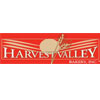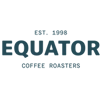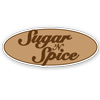Beverage & Food Distribution Software
Built For

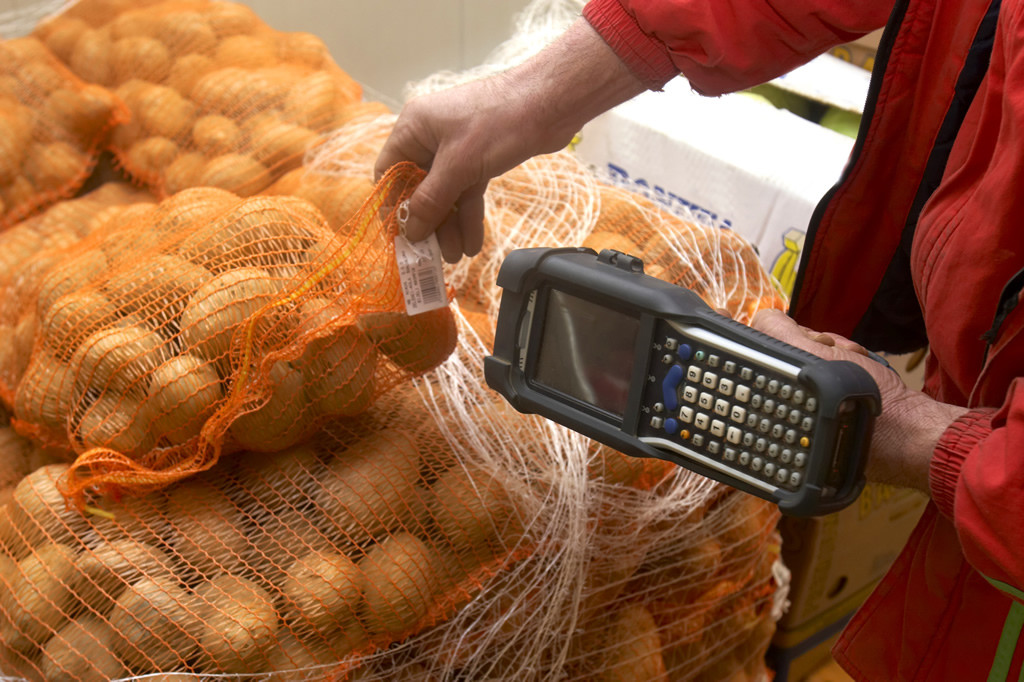
Food distribution software and beverage distribution software that “makes life simpler”

Complex sales orders including full or partial case delivery, blanket orders & previous order duplication

Batch process manufacturing with variable recipe and variable yield capabilities

Tiered pricing and pricing by quantity, standard weight or catch weight

Tracking and tracing products back to suppliers or to retailers by lot or batch

Sell to thousands of companies using EDI & on the web with Acctivate’s powerful eCommerce solution
Easy-to-use and affordable, Acctivate helps food and beverage distribution businesses of all sizes handle these challenges while also increasing profits and complying with legal and regulatory requirements.
The beverage & food distribution software your business needs
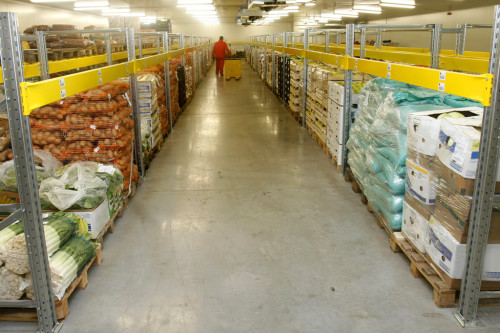
Packed with the key features critical to beverage & food distribution businesses, Acctivate includes inventory management, lot numbers traceability, batch process manufacturing, sales management, tiered pricing, importing, and route delivery.
From catch weights to expiration dates to product recall management, Acctivate is the solution.
- Flexible product lookup includes SKU, UPC, customer product number, description, lot number and more
- See purchasing information for each product including published price, last price, lead time and purchase history for any number of vendors
- Manage warehouse operations on a mobile handheld device
- See a detailed ledger for each product
- Manage inventory in any number of warehouses and bin locations
- Optional support for barcoded products
Acctivate seamlessly integrates with QuickBooks
Integration is how software solutions work together and share data. Acctivate was built to integrate with QuickBooks and uses bi-directional integration, with vendor-related and customer-related transactions occurring in both QuickBooks & Acctivate. QuickBooks continues to take care of the financials and Acctivate manages the day-to day operational functions including inventory management, purchasing, sales and customer management – all occurring seamlessly with the best user experience possible.
Route delivery & route accounting gets it delivered for beverage & food distributors
Optimize direct store delivery, route accounting & route delivery operations with Acctivate’s mobile applications.
- Accept purchase orders, issue invoices, & collect payments in a mobile environment
- Keep accurate truck inventory
- Deliver existing orders or take new orders at customer from truck inventory
- Cellular network enabled to instantly communicate with central database
- Select customer or order by route stop
- Print accurate receipt / invoice with customer price and retail price
Lot numbers traceability is critical

Acctivate provides the ability to easily handle lot numbered products with power and great flexibility.
- Lot numbers can be recognized when received, shipped or both
- Mobile device receiving and picking with product code and lot number scanning
- Record and manage expiration dates by lot number
- Convenient and powerful lookup of specific lot number by product or by customer
Beverage & food distribution software with process manufacturing
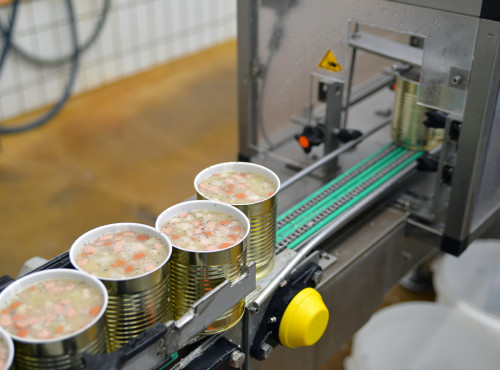
Acctivate supports beverage and food process manufacturing and distribution with variable recipe and variable yield capabilities.
Process manufacturing allows for components to be adjusted based on seasonal requirements, availability, or the requirement for substitutions.
On product produced, process manufacturing provides the ability to compensate for variable yield with the ability to alter the quantity produced.
- Handle variations in input recipe to allow for substitute items and changes in quantities
- Support variable yield
- Account for spillage and waste
- Substitute ingredients in recipes
- Handle multiple lots of the same ingredients
Beverage & food distribution software to handle order management & fulfillment
Acctivate’s features allow you to manage some of the more complex requirements for the beverage and food business.

- Deliver full or partial case
- Price by quantity, by standard weight or by catch weight
- Maintain blanket orders with ability to conveniently create orders for release
- Quickly and easily copy a previous order for current delivery
- Print lot numbers, expiration date and catch weights on invoices
Pricing options for maximum flexibility
Beverage & food distribution software with tiered pricing

Acctivate has a very powerful pricing and technical specification structure designed to let you be in control.
- Import pricing and specification from vendor-supplied data
- Link each product to the manufacturer’s website
- Store product metrics such as weight, height, length and volume
- Store a photo or image of each product
Beverage & food distribution software to handle pricing complexities
Acctivate lets you price your products with a wide range of flexible options to put you in control.
- Automatically select standard, promotional, quantity break, customer specific or contract prices
- Sell products at retail price less discount
- Establish price basis as set price, cost plus or list minus
Tools to assist food & beverage importers
Acctivate provides great tools to help document and manage the overall process of importing from overseas.
- Track progress of imports from order submission through production to transit through customs to final destination
- Notes and e-mail for all parties involved
- Include landed cost or added cost from any source
- Multiple currency enables you to buy (and sell) products in the currency of your customers and vendors
Call us at 817-870-1311



